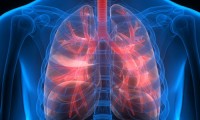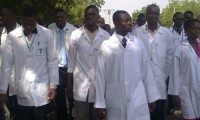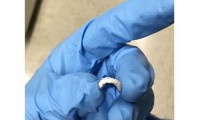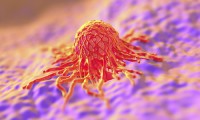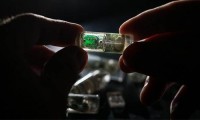-
New Medicine to Treat Pulmonary Fibrosis
- Source: Ddu
- 499
- May 30, 2018
-
Delhi Minister States Essential Medicines Will Be Sold At MRP
- Source: Ddu
- 789
- May 29, 2018
-
App Launched By Nigerian Doctors To Reduce Patient Waiting Time
- Source: Ddu
- 642
- May 29, 2018
-
Nanochon Procures Fastest Growing Cartilage
- Source: Ddu
- 648
- May 29, 2018
-
Innovative New Method To Fight Cancer
- Source: Ddu
- 702
- May 29, 2018
-
Ingestible Sensor To Diagnose Gastrointestinal Diseases
- Source: drugdu
- 495
- May 29, 2018
your submission has already been received.
OK
Subscribe
Please enter a valid Email address!
Submit
The most relevant industry news & insight will be sent to you every two weeks.


